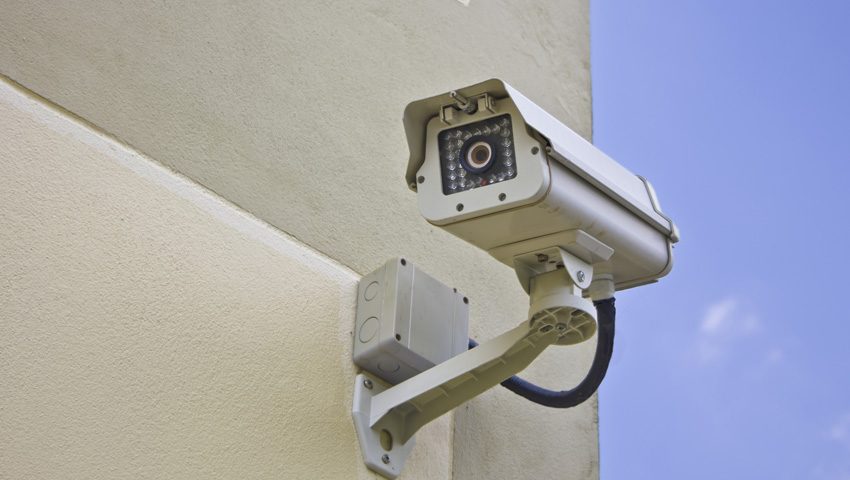
What is Alzheimer’s?
March 26, 2016In order to protect the rights of residents, it is important for nursing home residents and their loved ones to be well-versed on Florida nursing home privacy laws. Florida law provides each resident with a basic set of rights by which nursing home facilities and employees are required to respect. Resident rights include certain privacy protections for residents, such as the right to communicate privately and maintain living privacy unless medically unadvised. In some cases, nursing home resident rights are violated without knowledge of the resident or family members.
Personal Privacy
Residents are entitled to privacy regarding treatment and personal care needs. Unless medically contraindicated or in the case of emergency, residents are permitted to close room doors and have staff members knock before entering. Residents are entitled to security when using and storing personal possessions. Unless assistance or safety is needed, residents are entitled to bodily privacy. This includes privacy when bathing, using the restroom, and other personal hygiene activities.
Communication Privacy
Florida nursing home residents are entitled to uncensored and private communication with individuals outside of the nursing facility, unless special circumstances are involved. Private communication involves mailed letters, telephone access, visitation during visiting hours with any individual the resident wishes, orders from physicians, and Social Security Act regulations involving Medicare and Medicaid. This means that nursing home staff managers and staff members do not have the right to intercept or read a resident’s communications without permission. Likewise, staff members cannot restrict a resident’s ability to use the phone.
Facility Visiting Hours
Due to the fact that resident visitors are dependent on visiting hours, the state of Florida holds basic requirements for a nursing home’s visiting hours. Visiting hours are required to be reasonably flexible. They must take into account special considerations for residents, such as working relatives or friends and out-of-town visitors. Furthermore, Florida law requires that certain individuals are entitled to visit with and provide services to residents during visiting hours as long as the services are approved by the facility and the resident consents to receive the services.
Permitted visitors who can provide services to residents include, but are not limited to:
- Recognized volunteer groups
- Community-based legal, leisure, social, and mental health programs
- Members of the clergy
Government Representatives
Florida law holds that certain individuals are entitled to immediate access to residents regardless of visiting hours. These representatives include law enforcement officers, the resident’s physician, members of the local or state ombudsman council, and members of federal entities such as the Department of Health and the Department of Elderly Affairs.
Sources:
http://www.leg.state.fl.us/statutes/index.cfm?App_mode=Display_Statute&Search_String=&URL=0400-0499/0400/Sections/0400.022.html

